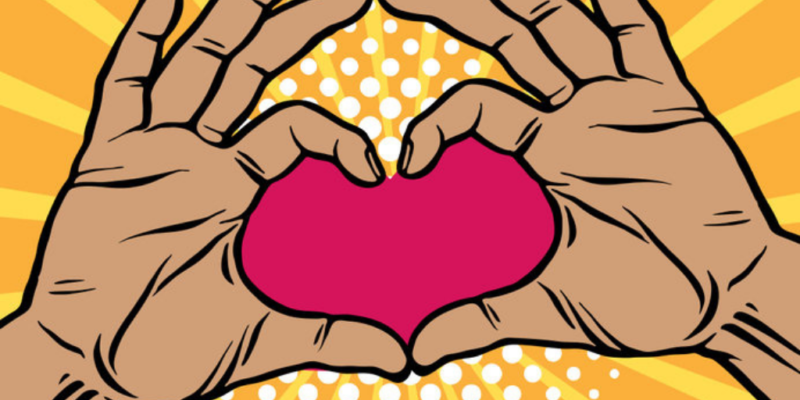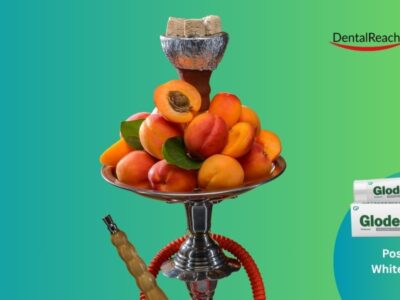As a dentist, your dedication to patient care often means going above and beyond the call of duty. While generosity and selflessness are commendable traits, they can also lead to professional and personal burnout. Understanding how to balance your time and energy can help you continue to provide excellent care without compromising your well-being.
The Dilemma of Generosity
In the world of healthcare, especially in dentistry, being generous with your time and expertise is often seen as a professional virtue. However, this generosity can sometimes lead to feelings of being overwhelmed, exhausted, and even undervalued. When dentists don’t protect themselves, their well-meaning efforts to help can result in overcommitment, leading to decreased job satisfaction and potential burnout.
Adam Grant and Reb Rebele’s research highlights this very problem in their article “Beat Generosity Burnout.” They point out that while generous “givers” add immense value to their organizations, they are also at the highest risk for burnout. This is especially true in professions where the primary goal is to help others, such as teaching or healthcare.
When Good Intentions Go Wrong
Overly selfless behavior, where you sacrifice your own needs to help others continuously, can be detrimental. For instance, teachers who constantly prioritized others’ needs over their own saw their students’ performance decline. Similarly, dentists who don’t set boundaries may find that their ability to provide high-quality care diminishes over time. This happens because of reduced work-life balance.
Consider the scenario of staying late to accommodate every emergency appointment or spending your weekends handling paperwork and follow-up calls. While these actions are done with the best intentions, they can lead to chronic fatigue, decreased efficiency, and even resentment.
The Generosity Spectrum
Understanding where you and your colleagues fall on the generosity spectrum can help you manage your professional relationships better:
- Takers: These individuals seek to advance their own interests at the expense of others.
- Matchers: They believe in an equal give-and-take relationship.
- Self-protective givers: These people are generous but know their limits.
- Selfless givers: They put others’ needs first, often to their own detriment.
As a dentist, it’s crucial to aim for being a self-protective giver. This means being generous without compromising your own needs and boundaries.
How to Share Your Expertise Effectively
To prevent burnout, consider adopting the following strategies:
- Proactive Helping: Instead of reacting to every request, plan your time to help others in a structured way. For instance, allocate specific times for follow-up calls or consultations.
- Batching Requests: Similar to how professors have office hours, you can set aside specific times in your week for non-urgent patient queries or administrative tasks. This can help you manage your time better and reduce the feeling of being constantly on call.
- Prioritizing Requests: Not all help requests are equally urgent or important. Learning to prioritize and sometimes say no is vital. This way, you can focus your energy on the most critical tasks and patients.
- Building a Resource Library: Create a set of resources that you can easily share with patients and colleagues. This could include FAQs, instructional videos, or written guides. It saves time and ensures consistent information is provided.
- Delegating Tasks: Utilize your team effectively. Delegate tasks that do not require your direct attention, allowing you to focus on more complex cases and high-value activities.
- Recognise and Manage Takers: Be vigilant about individuals who may take advantage of your generosity. Takers tend to see every interaction as an opportunity for their gain. They often impose on your time without reciprocating or showing gratitude. Setting clear boundaries with such individuals is essential.
Conclusion: Balance Generosity with Self-Care
Generosity in dentistry, like in any helping profession, is both a strength and a potential pitfall. By being mindful of how you allocate your time and energy, you can maintain your enthusiasm for helping others while protecting yourself from burnout. Remember, effective generosity is not about selflessness to the point of exhaustion but about making thoughtful choices that allow you to continue providing excellent care sustainably.




















Comments